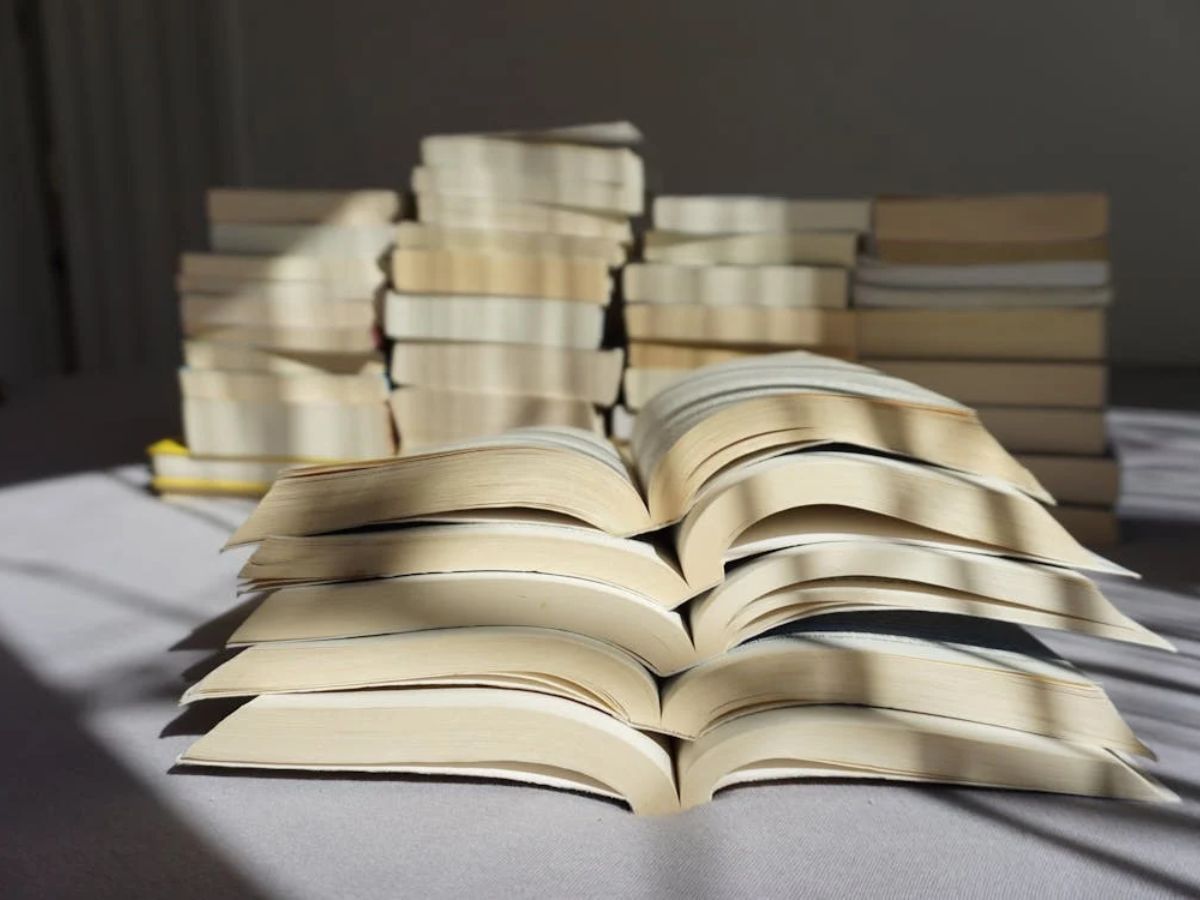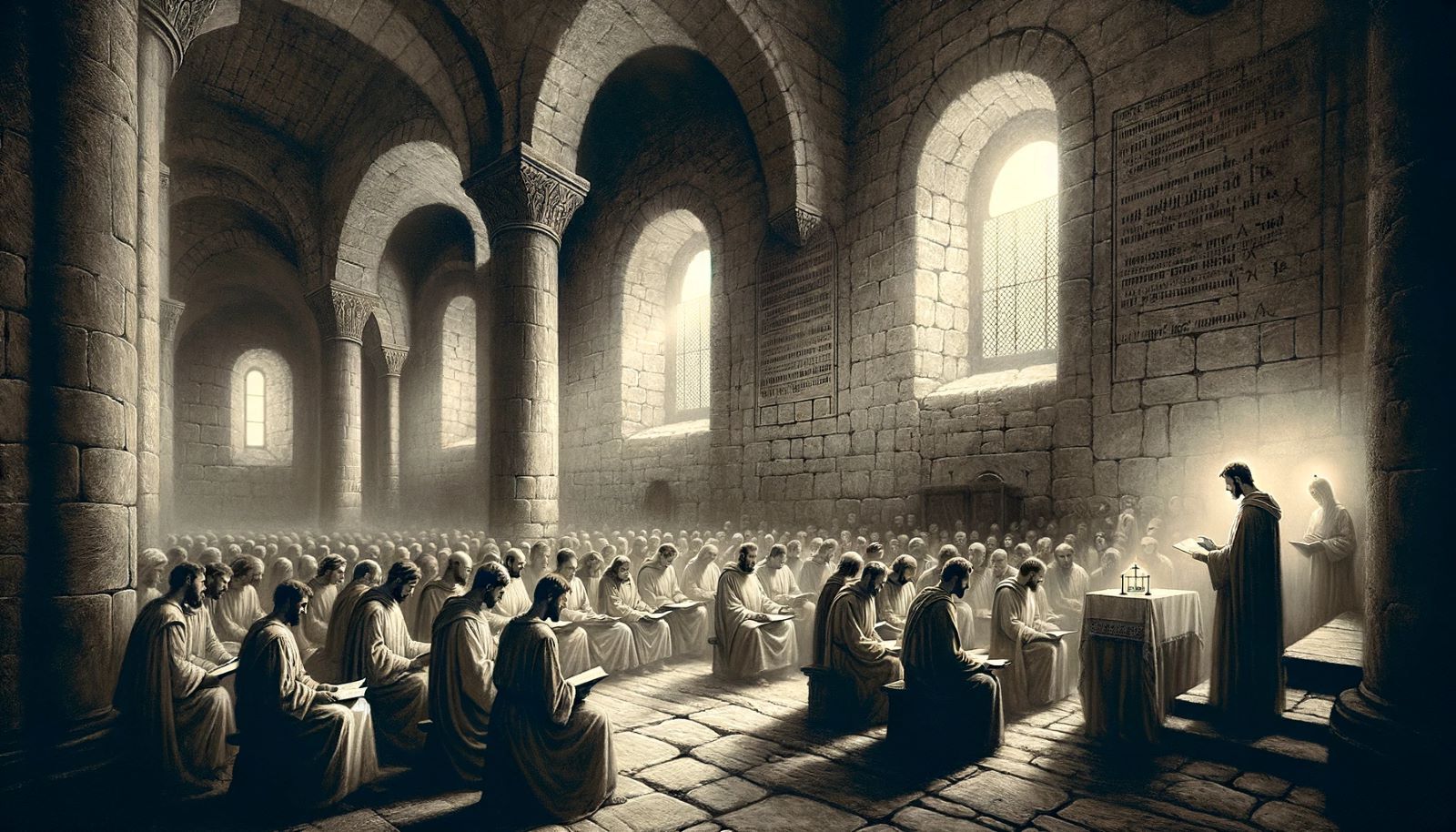
Venturing into the world of 19th-century literature opens doors to a realm where words paint vivid pictures of life, society, and human emotion from a time long past. This era, marked by profound changes in both the social and literary landscape, gave birth to some of the most enduring works in the English language. From the romantic idealism of poets to the stark realism of novelists, 19th-century literature reflects a period of intense transformation and innovation. In this exploration, we'll uncover 24 fascinating facts about the literary giants and their creations that continue to captivate readers worldwide. Whether you're a seasoned bibliophile or new to the classics, these insights will enrich your appreciation for the depth and diversity of this golden age of literature.
Origins of 19th Century Literature
Nineteenth-century literature marks a dynamic period in literary history, characterized by a departure from classical forms and the emergence of new genres and themes. This era witnessed the birth of Romanticism, a movement that emphasized emotion, individualism, and nature, setting the stage for later developments.
-
Romanticism, which began in the late 18th century and peaked in the early 19th century, was initially a reaction against the industrial revolution and the Age of Enlightenment's emphasis on reason and science.
-
Key figures in this movement include William Wordsworth and Samuel Taylor Coleridge in England, who sought to make literature more accessible to the common man and to glorify nature.
Evolution of the Novel
The 19th century is often regarded as the golden age of the novel. With increased literacy rates and technological advances in printing, novels became more accessible to the general public, leading to a surge in their popularity.
-
Charles Dickens, one of the era's most prolific writers, used his works to critique the social injustices of his time, making the novel a medium for social commentary.
-
The Brontë sisters, under male pseudonyms, broke barriers for women in literature, exploring complex themes of love, morality, and women's independence.
-
Realism emerged as a dominant literary movement, with authors like Gustave Flaubert and Leo Tolstoy focusing on everyday life and its moral complexities.
Gothic and Horror Genres
The 19th century also saw the rise of the Gothic and horror genres, captivating readers with tales of the supernatural, mystery, and the macabre.
-
Mary Shelley's "Frankenstein," published in 1818, is often credited as the first science fiction novel, combining elements of Gothic horror and Romanticism.
-
Edgar Allan Poe, known for his tales of mystery and the macabre, significantly influenced the horror genre and the development of the detective story.
Impact of Industrialization on Literature
Industrialization brought about significant social and economic changes, which were reflected in the literature of the time.
-
Novels began to address the struggles of the working class and the impacts of industrialization on society, with authors like Elizabeth Gaskell and Charles Dickens leading the charge.
-
The contrast between the rural and urban settings became a prevalent theme, highlighting the displacement and alienation felt by many during this period of rapid change.
Emergence of Women Writers
The 19th century witnessed a significant increase in the number of published women writers, who often had to navigate a male-dominated literary world.
-
Jane Austen's novels, though published anonymously during her lifetime, offered keen insights into the lives and struggles of women in the early 19th century.
-
George Eliot (the pen name of Mary Ann Evans) challenged societal norms with her novels, which were among the first to be recognized for their literary merit and not just their moral lessons.
Poetry in the 19th Century
Poetry also underwent significant transformations during the 19th century, with poets exploring new themes and forms.
-
The works of John Keats, Percy Bysshe Shelley, and Lord Byron exemplified the Romantic movement's ideals, celebrating beauty, emotion, and individualism.
-
Later in the century, Victorian poets like Alfred Lord Tennyson and Robert Browning explored themes of morality, social issues, and even industrialization, reflecting the complexities of the era.
Global Influence of 19th Century Literature
The literature of the 19th century had a profound impact beyond Europe, influencing writers and literary traditions around the world.
-
American literature flourished with authors like Mark Twain and Herman Melville, who explored themes of identity, freedom, and the human spirit.
-
Russian literature, with giants like Fyodor Dostoevsky and Leo Tolstoy, delved into the depths of the human psyche, questioning morality, faith, and society.
-
In Latin America, the Romantic movement inspired authors to explore national identity and independence, laying the groundwork for modern literary movements.
Legacy of 19th Century Literature
The legacy of 19th-century literature is vast, continuing to influence writers, readers, and thinkers today.
-
Many modern literary theories and criticisms find their roots in the 19th century, with concepts like realism, naturalism, and symbolism still relevant.
-
The era's exploration of social issues, gender roles, and personal identity remains pertinent, encouraging contemporary readers to reflect on these themes in the context of their own lives.
-
The novels, poetry, and essays of the 19th century laid the foundation for modern literary genres, including science fiction, fantasy, and detective fiction.
-
Educational curricula worldwide include 19th-century literature, recognizing its importance in understanding historical, cultural, and social contexts.
-
Adaptations of 19th-century works in film, television, and theater continue to introduce these timeless stories to new audiences.
-
The digital age has facilitated greater access to 19th-century texts, with numerous works available online for free, ensuring their preservation and continued relevance.
-
Literary tourism, inspired by the lives and locales of 19th-century authors, has become a popular way for fans to connect with their favorite works and writers.
-
Finally, the 19th century's contribution to the development of the modern novel, poetry, and drama has cemented its place as a pivotal period in literary history, shaping the way we think about and engage with literature today.
A Final Stroll Through 19th Century Literary Gardens
We've journeyed through the rich landscapes of 19th-century literature, uncovering gems that have shaped our understanding of the world and ourselves. From the gothic allure of Mary Shelley's "Frankenstein" to the social critiques of Charles Dickens, these works continue to resonate with readers today. Authors like Jane Austen and Herman Melville have left indelible marks on the literary world, offering insights into human nature and society that remain relevant. As we close this chapter, remember that these stories, characters, and ideas from the 19th century are not just relics of the past. They're living conversations, inviting us to explore, question, and reflect. So, keep turning those pages and let the wisdom of yesteryears guide you through the complexities of today. Literature is a bridge connecting past, present, and future—walk it with curiosity and an open heart.
Was this page helpful?
Our commitment to delivering trustworthy and engaging content is at the heart of what we do. Each fact on our site is contributed by real users like you, bringing a wealth of diverse insights and information. To ensure the highest standards of accuracy and reliability, our dedicated editors meticulously review each submission. This process guarantees that the facts we share are not only fascinating but also credible. Trust in our commitment to quality and authenticity as you explore and learn with us.


